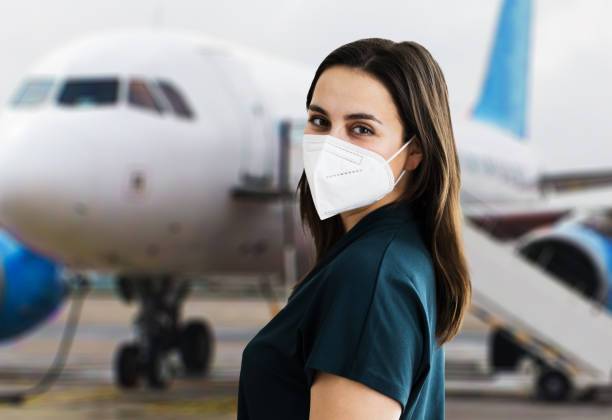How Good is a KN95 Mask Made in China?
The COVID-19 pandemic has brought about a massive surge in demand for personal protective equipment (PPE), including masks. KN95 masks, which are made in China, have become increasingly popular as a cost-effective alternative to N95 masks. However, there has been much debate around the effectiveness of KN95 masks and whether they provide adequate protection against the virus. With so many different manufacturers and suppliers offering different types of KN95 masks, it can be difficult to determine which ones are reliable and effective. In this article, we will explore the effectiveness of KN95 masks made in China and examine the factors that affect their quality. Whether you are a healthcare worker or a member of the general public, understanding the benefits and limitations of KN95 masks is crucial to staying safe during this pandemic.
What Does "made in China" Mean for KN95 Masks?
The phrase "made in China" can often carry negative connotations due to past quality control issues with products manufactured in China. However, it's important to note that many reputable KN95 mask manufacturers are based in China and produce high-quality masks that meet international standards. The key is to ensure that you are purchasing from a trusted supplier and that the masks you are buying have been certified by a reputable organization.
Understanding the KN95 Mask Certification Process
To ensure that KN95 masks meet certain quality and safety standards, they must go through a certification process. The certification process is typically conducted by a third-party organization, such as the National Institute for Occupational Safety and Health (NIOSH) or the European Union's CE marking system. During the certification process, the masks are tested for their ability to filter out particles, fit properly, and maintain their integrity after use.
Differences Between KN95 and N95 Masks
KN95 masks and N95 masks are both designed to filter out at least 95% of airborne particles, but there are some key differences between the two. N95 masks are regulated by the U.S. National Institute for Occupational Safety and Health (NIOSH) and are typically used in healthcare settings. KN95 masks, on the other hand, are regulated by the Chinese government and are more commonly used in non-medical settings. Additionally, N95 masks are designed to fit tightly to the wearer's face, while KN95 masks have a looser fit.
KN95 Mask Quality Control in China
In recent months, concerns have been raised about the quality of KN95 masks being produced in China. Some reports have suggested that many of these masks do not meet international quality standards and may not provide adequate protection against the virus. To address these concerns, the Chinese government has implemented stricter quality control measures for KN95 mask manufacturers. These measures include increased testing and inspection of masks before they are shipped out.
How to Identify a Genuine KN95 Mask
One of the biggest challenges when purchasing KN95 masks is determining whether they are genuine or counterfeit. Counterfeit masks can be difficult to spot, but there are a few key things to look out for. First, check to see if the mask has been certified by a reputable organization such as NIOSH or the CE marking system. Additionally, look for markings or labeling on the mask that indicates the manufacturer, the model number, and the filtering efficiency.
KN95 Mask Testing Standards and Procedures
To ensure that KN95 masks meet certain quality and safety standards, they must undergo testing for their ability to filter out particles, fit properly, and maintain their integrity after use. The testing standards and procedures vary depending on the organization conducting the certification but typically involve a series of rigorous tests and inspections. Some of the tests that KN95 masks may undergo include particle filtration efficiency, airflow resistance, and leakage testing.
KN95 Mask FAQs
Q: Are KN95 masks effective against the COVID-19 virus?
A: KN95 masks are designed to filter out at least 95% of airborne particles, including the COVID-19 virus. However, it's important to note that no mask can provide 100% protection against the virus.
Q: Can KN95 masks be reused?
A: KN95 masks can be reused, but it's important to follow proper guidelines for reuse. This may include disinfecting the mask after each use and storing it in a clean, dry place.
Q: How long can KN95 masks be worn?
A: The length of time that a KN95 mask can be worn depends on a variety of factors, including the wearer's activity level and the level of airborne particles in the environment. As a general guideline, KN95 masks should be replaced after 8 hours of use.
Conclusion
KN95 masks made in China can be a cost-effective alternative to N95 masks, but it's important to ensure that you are purchasing from a reputable supplier and that the masks have been certified by a reputable organization. Understanding the certification process and the differences between KN95 and N95 masks can help you make an informed decision when it comes to purchasing PPE. By following proper guidelines for use and disposal, you can help protect yourself and others from the spread of COVID-19.


.jpg)
评论
发表评论